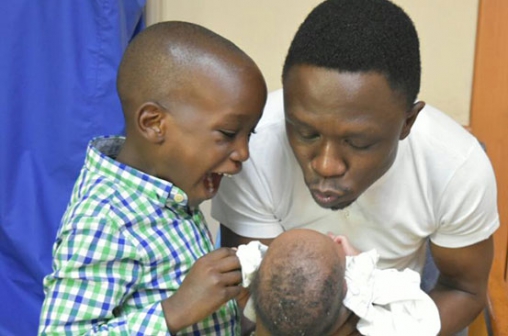×
The Standard e-Paper
Kenya’s Boldest Voice

NAIROBI: In social media circles, a picture can be worth thousands of likes or trolls, depending on innumerable variables.
This is what Ababu Namwamba learnt last week, when a picture of him bottle-feeding his infant son, Ababu-Terrah, surfaced on Facebook.